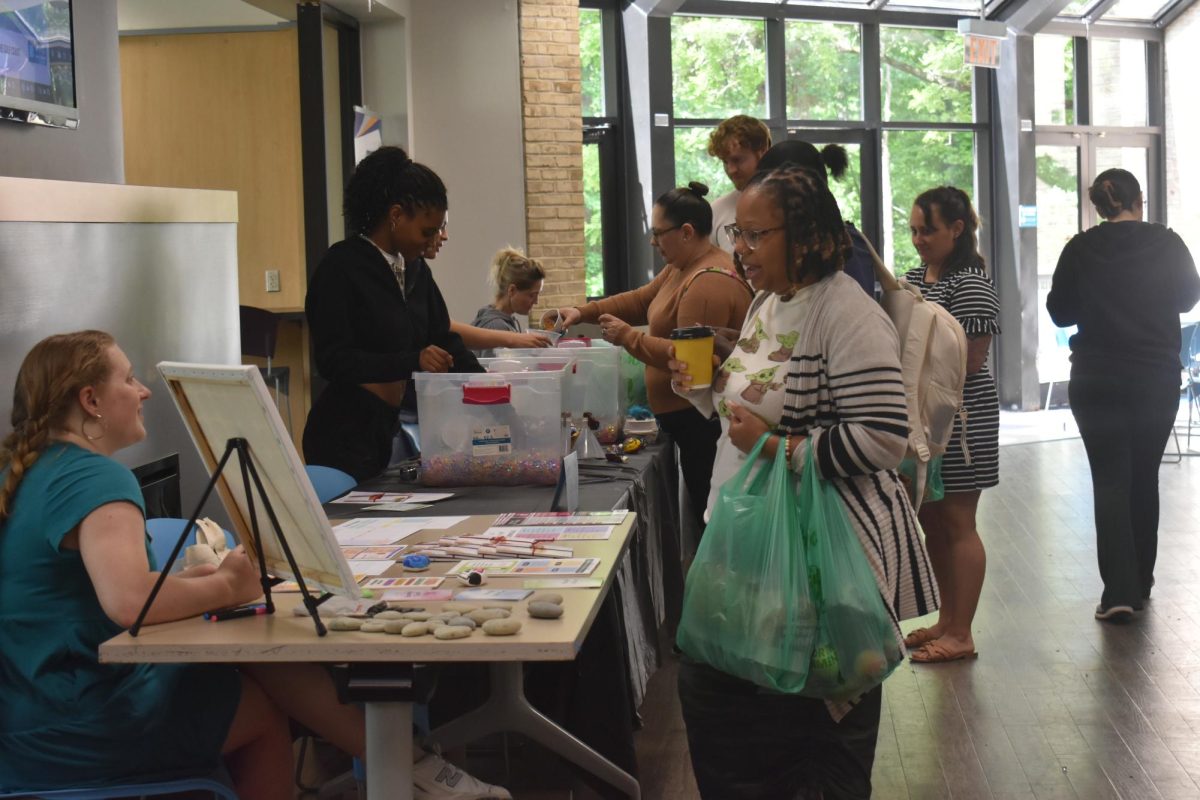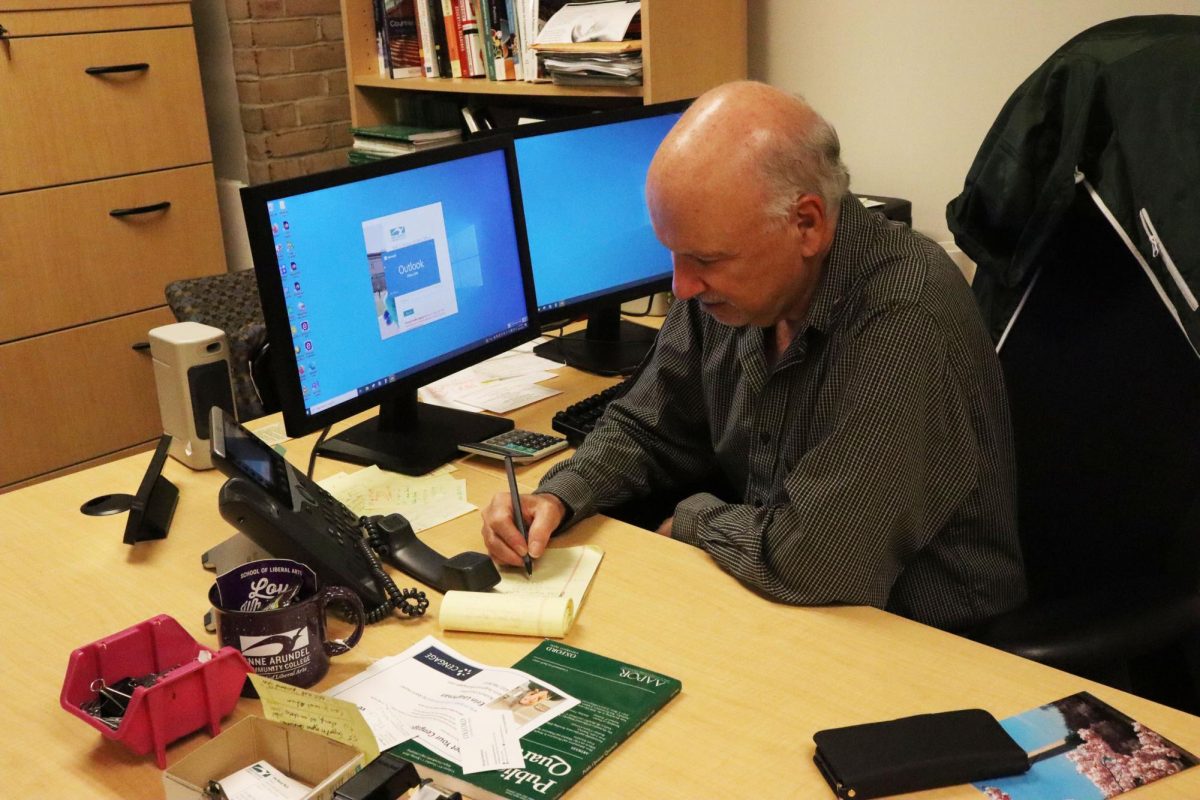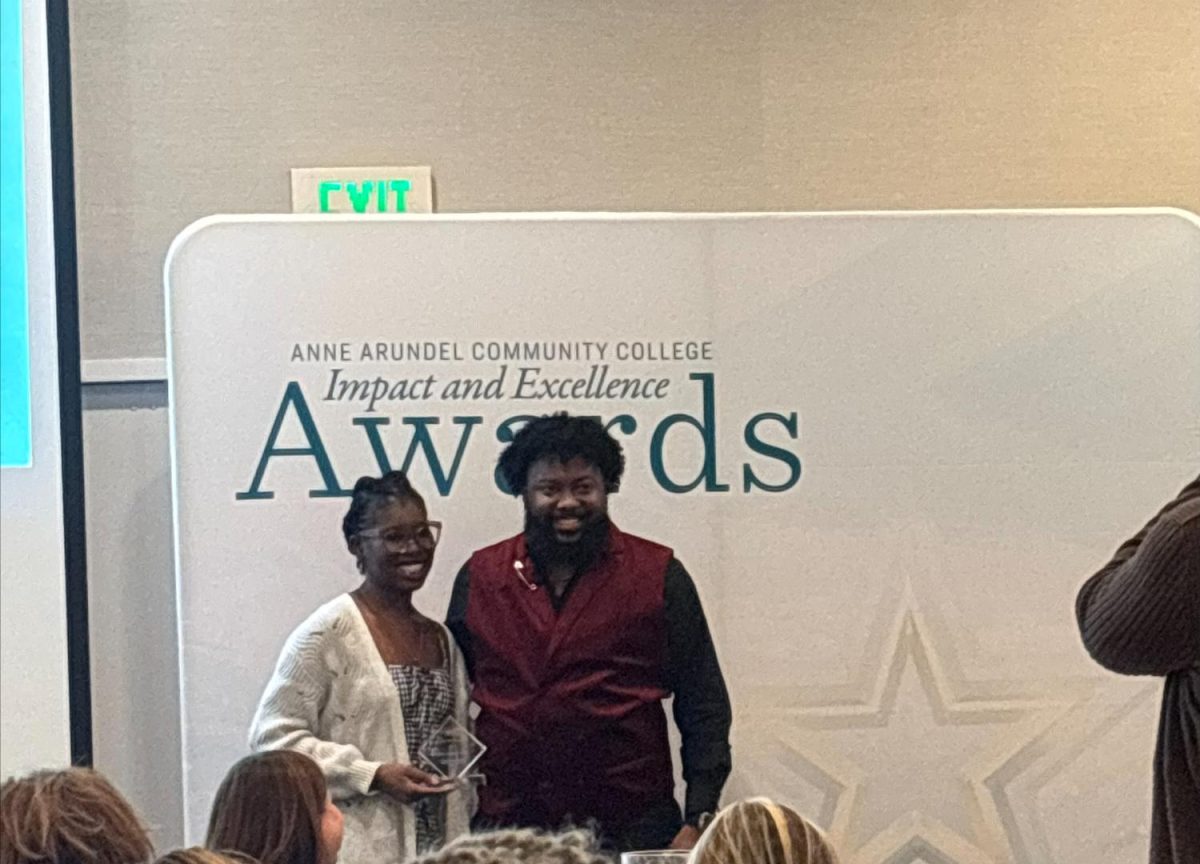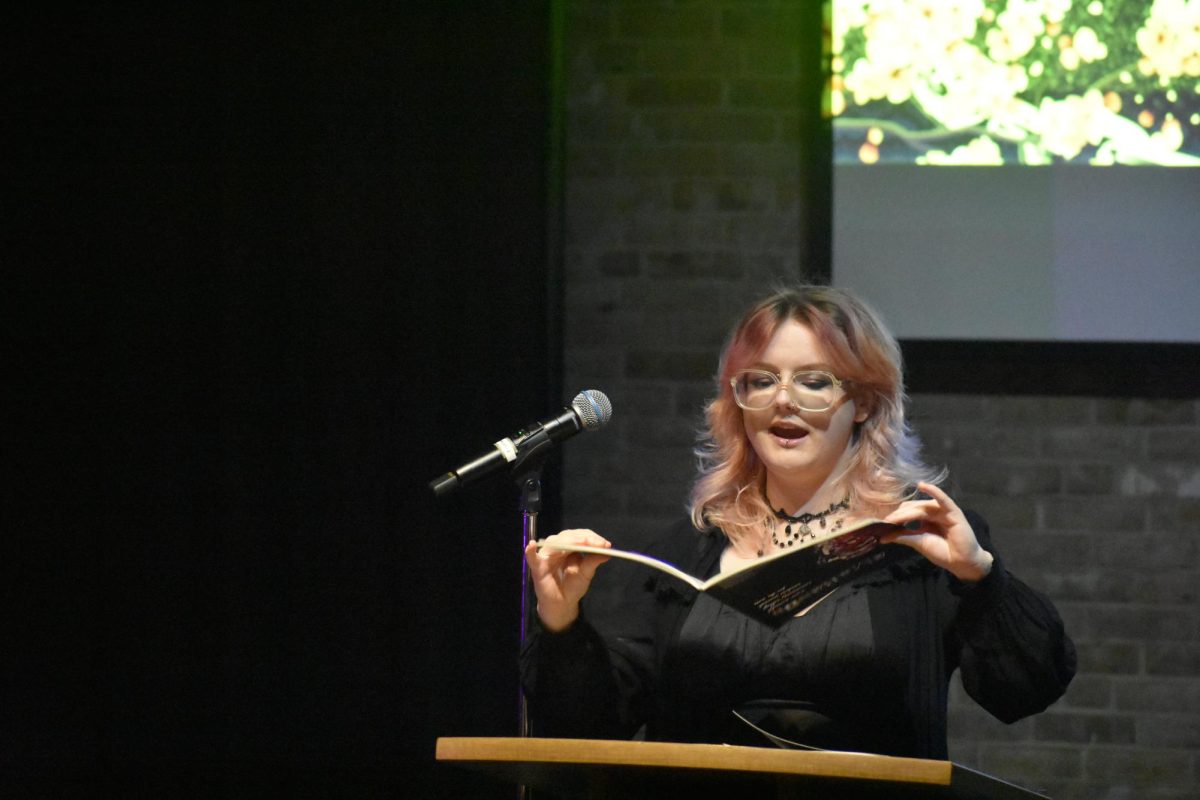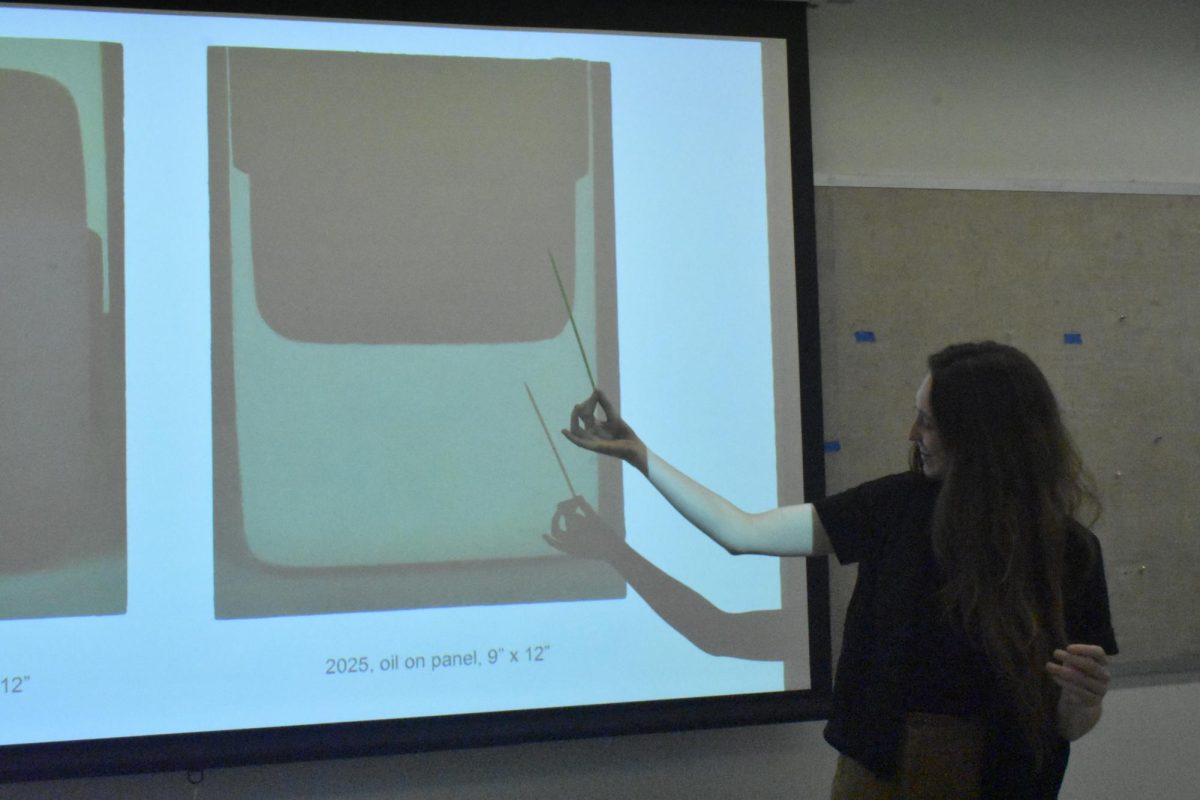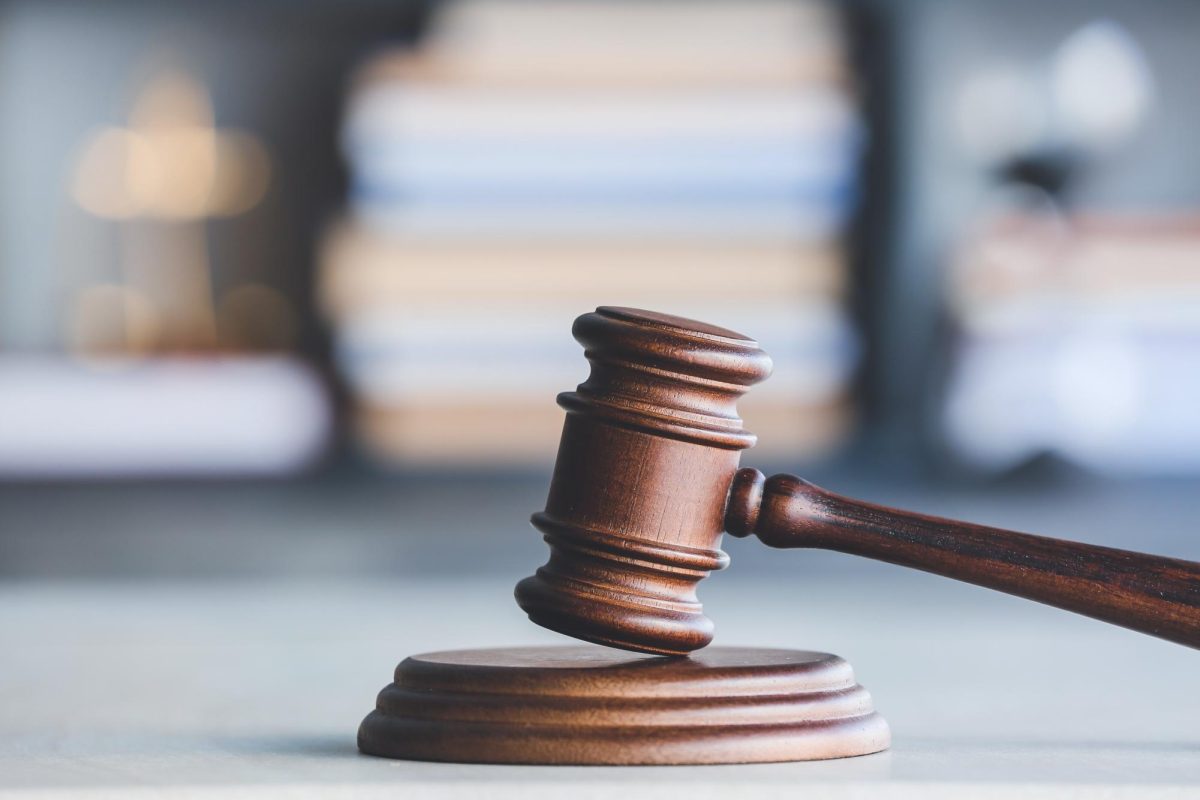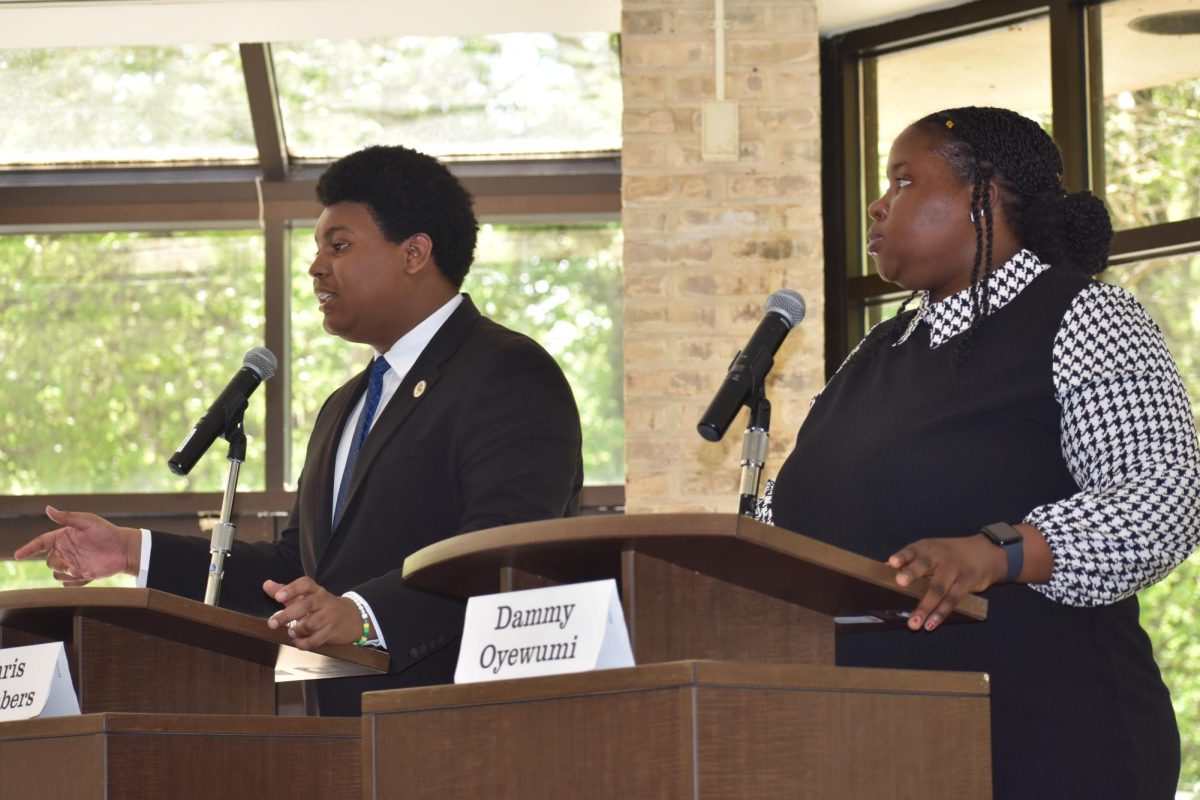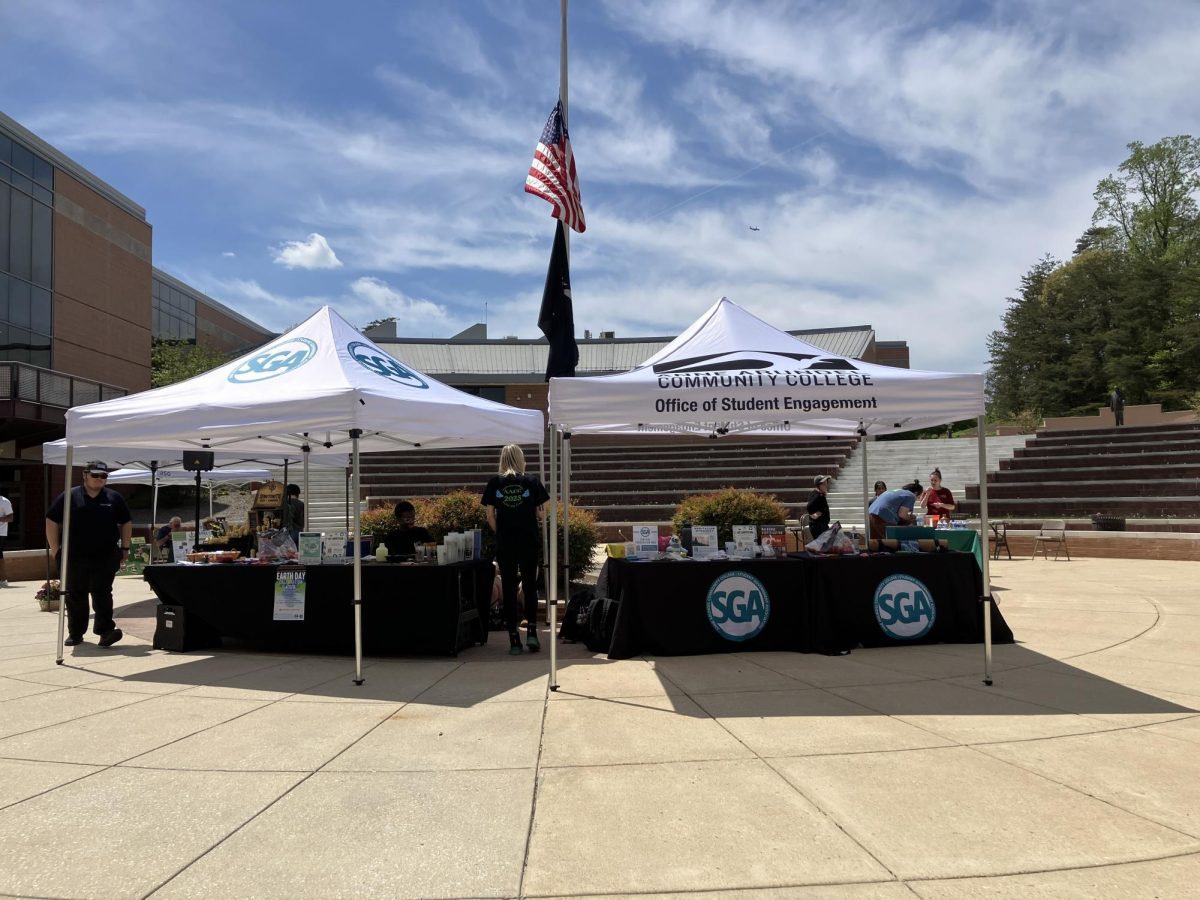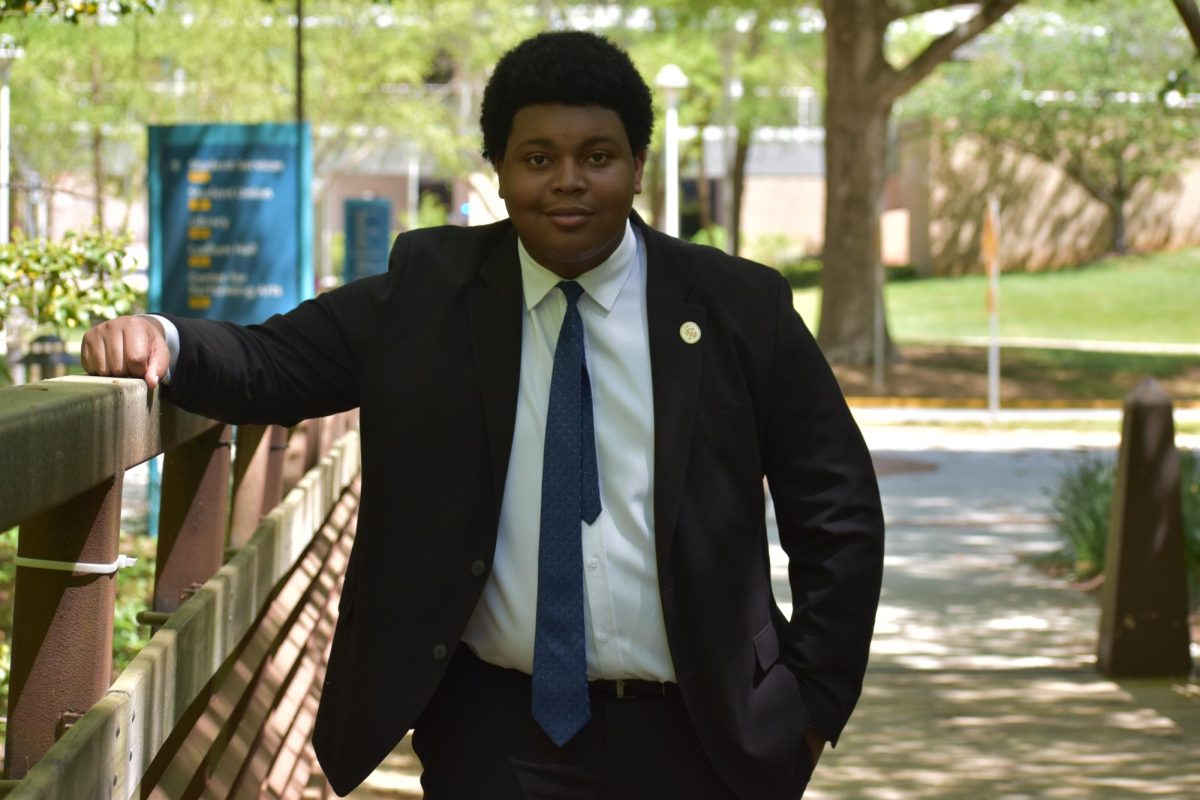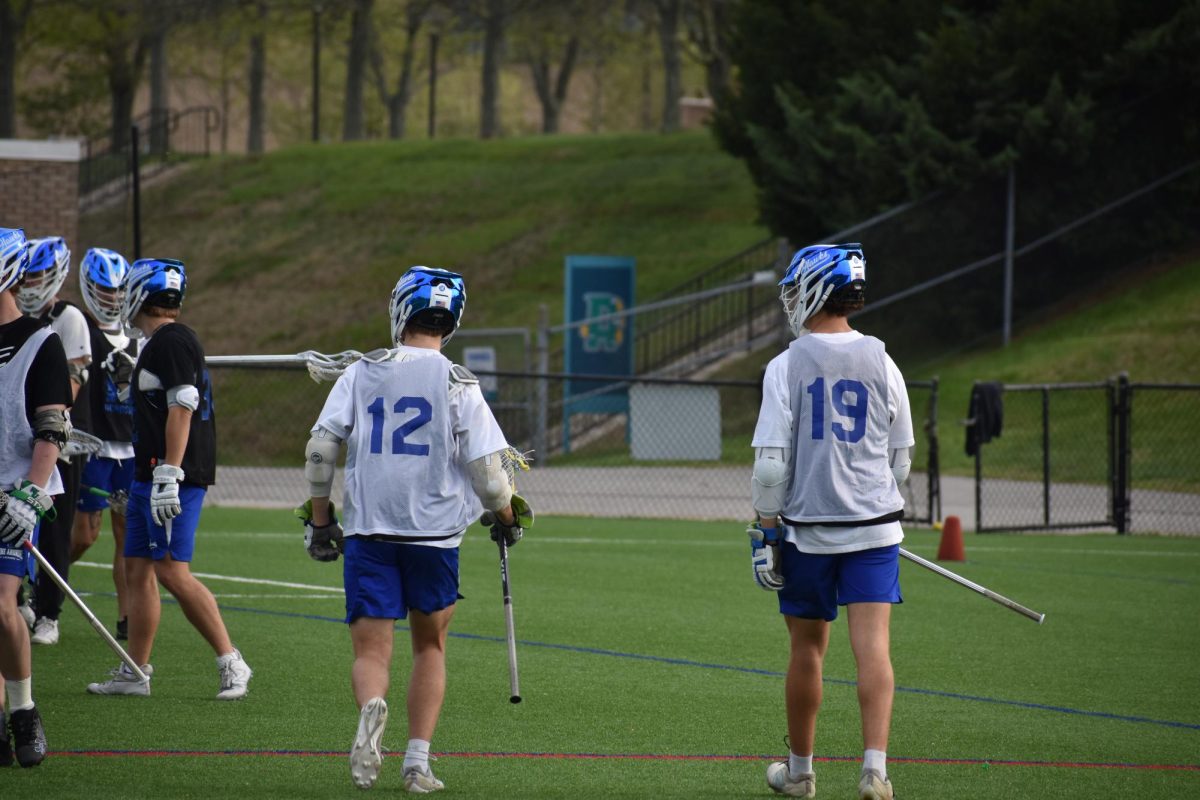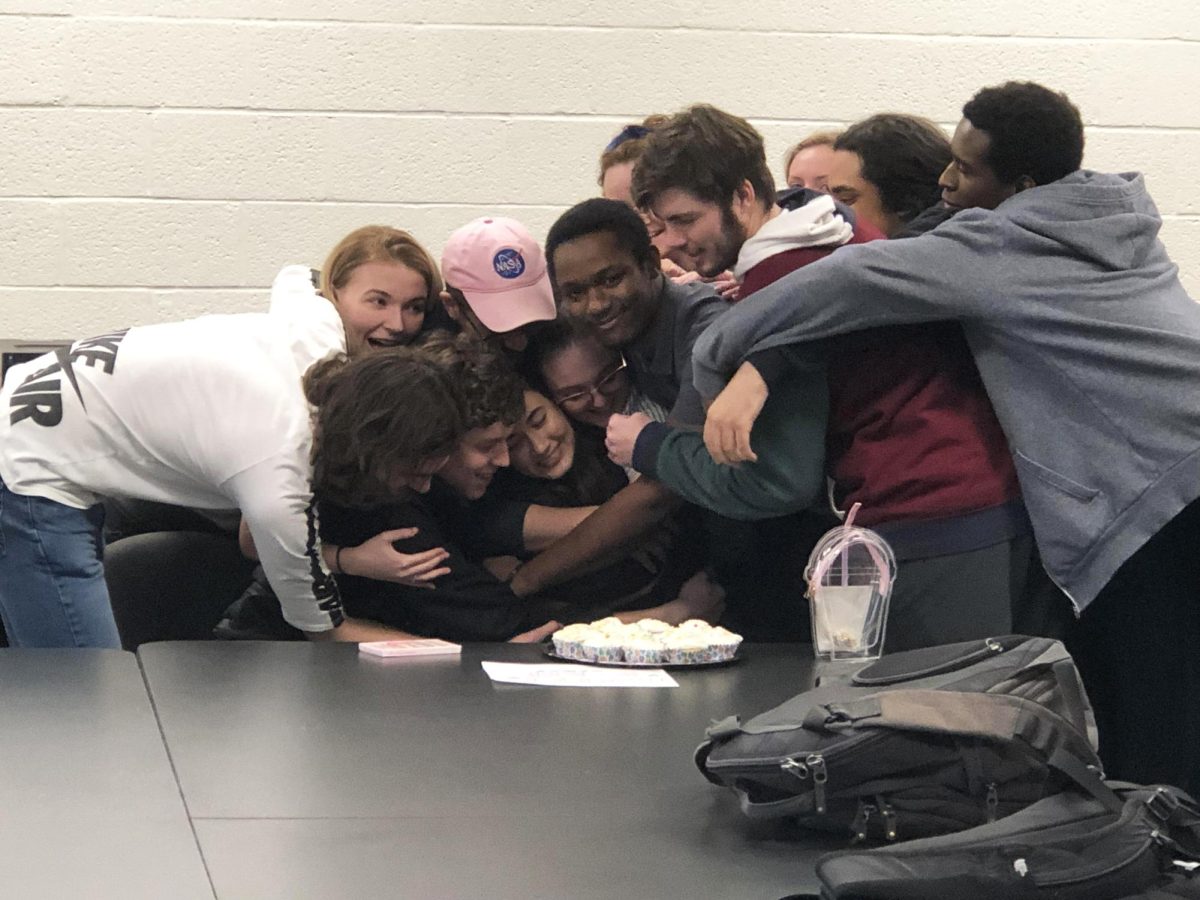A legal psychologist said at a Monday event on campus that many people will confess to crimes they didn’t commit if they are pressured by police.
Towson University psychology professor and researcher Jeff Kukucka told students in the Health and Life Sciences Building lecture hall that the National Registry of Exonerations recorded more than 3,300 innocent people convicted of crimes they didn’t commit.
“Whether we’re talking about judges, juries, police, perpetrators, suspects, victims or whoever, the legal system is full of people,” Kukucka said. “People make mistakes and psychologists’ job is to understand why those mistakes happen and to fix them”
The event was a part of the Psychology Department’s annual speaker series, which Kukucka presents at every year.
The most common reasons why innocent people might get convicted, according to Kukucka, are eyewitness mistakes, false confessions and bias in forensics.
AACC psychology professor Jarred Jenkins, who organized the event, said it is important for students to understand the failings in the legal system.
“This stuff has the potential to affect everybody,” Jenkins, who teaches a legal psychology class, said. “There’s always the chance that somehow you get involved … or some family member gets involved in the criminal justice system.”
Alex Paciello, a first-year sociology student, said the speech “added a whole new aspect” to psychology.
“I took psychology [in] high school, and … this was brand-new information to me,” Paciello said. “[But] it was pretty easy to understand.”




